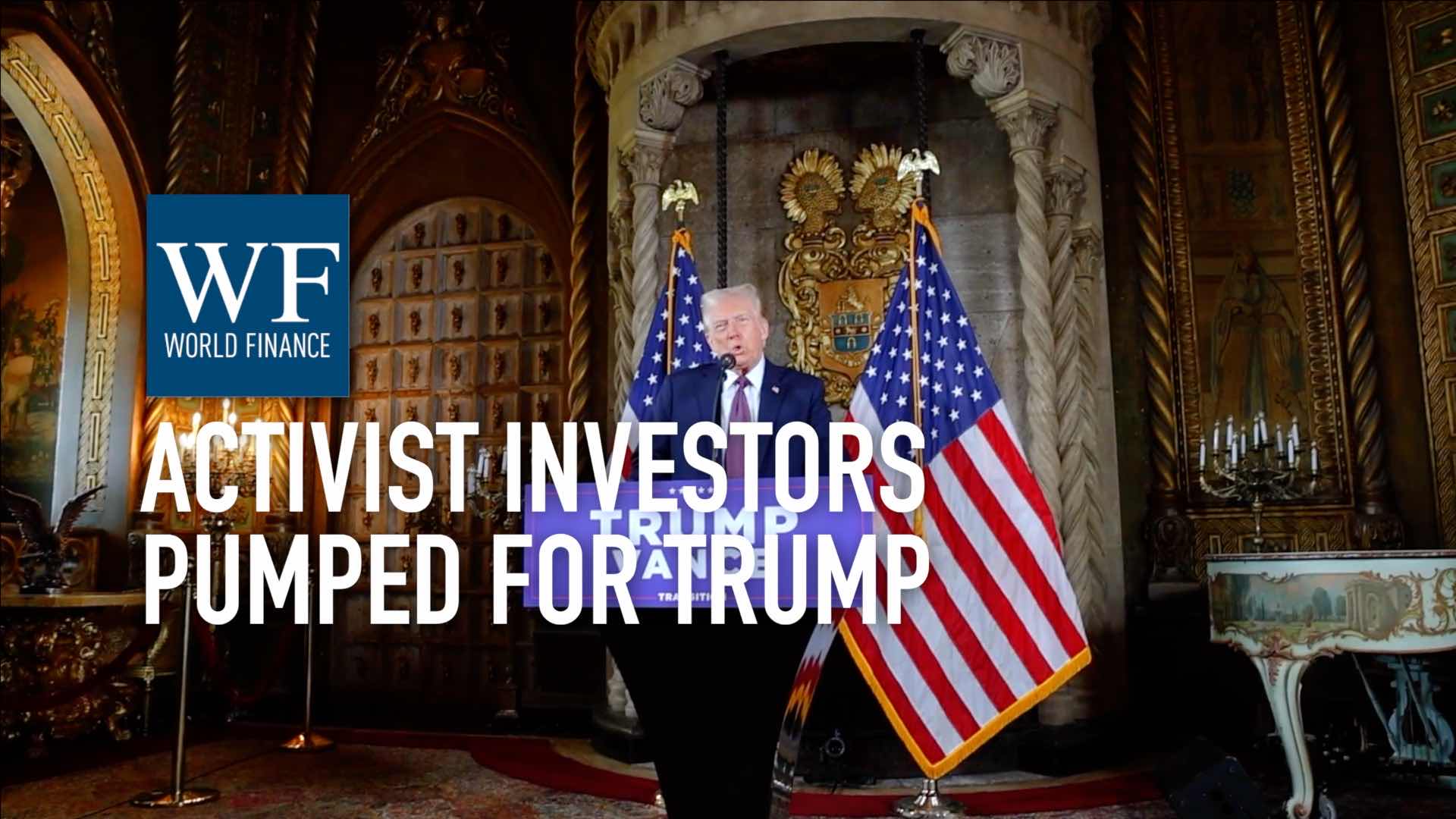Bonus Banca de Inversion on the future of infrastructure developments
World Finance speaks to Emmanuel Cáceres about the infrastructure projects his company - Bonus Banca de Inversion – has helped to finance
Related:
Transcript
As large-scale infrastructure projects increasingly become semi- and fully-privatised, the middlemen paving roads in these deals are rising in prominence. World Finance speaks to Emmanuel Cáceres, Managing Director at Bonus Banca de Inversion, about the global trends around this industry.
World Finance: Tell me about some of the infrastructure projects that you’ve helped to financially structure.
Emmanuel Cáceres: Over the last 10 years we’ve been developing and participating in almost every PPP programme in Colombia. This year we’ve participated in the Magdalena River PPP programme; it was a $740m programme.
We’ve also participated in the Prosperity Highway programme. It was a huge programme of $7.2bn, which we had to split into nine sub-projects in order to be able to get it to the market.
We’ve successfully awarded five of those projects for $4.7bn this year, and hopefully next year we will be able to get into the market the remaining four projects, to complete this huge programme.
Over the last 10 years we’ve been developing and participating in almost every PPP programme in Colombia
World Finance: So do you think that infrastructure projects are best dealt with through the private structuring deals that a company like yours affords?
Emmanuel Cáceres: These infrastructure projects are mainly a risk distribution contract. So we need, as a financial advisor, to really be able to measure and evaluate these risks that the guarantor will be giving and the sponsor assuming, so that the contract and the financial structure will be able to remunerate and to pay this private player for its involvement in these kind of projects.
World Finance: Now, you are dealing with deals in the hundreds of millions of US dollars; tell me about some of the challenges that you have had to address in striking these deals.
Emmanuel Cáceres: The most interesting challenges have been really to understand what each player is looking for. You need to understand what the banks are looking for; what they’re looking for in each of the projects, and the size of the ticket that they’re willing to give for the project.
You need to understand what the insurance companies are looking for; you need to understand what the government is looking for. So you really need to see what each of these actors and players are interested in, to be able to get a fair project to the market.
World Finance: Since these deals are semi-private – sometimes wholly-private – whose responsibility is it to maintain them, once they’re struck, completed, and people are using these projects? Would it go to government coffers, or are you expecting the private entities that put the deal together to take over that responsibility in the long term?
Emmanuel Cáceres: Well in Colombia, the new PPP law says that we can’t pay for the infrastructure. In all of these projects we need to be able to structure a service that will be provided. And therefore, yes: we will ask the private player to build the infrastructure, but to maintain and operate the infrastructure over the remaining 10 or 20 years – it depends on each programme.
The Magdalena River is a 13 year programme, but the highways are probably more like 30 year programmes. So it depends. But yes: we will always ask them to give the operation and maintenance of the project.
This year we’ve participated in the Magdalena River PPP programme; it was a $740m programme
World Finance: Very interesting; now Emmanuel, tell me about some of the other projects you have in the works?
Emmanuel Cáceres: Yes; actually in the last month we’ve been awarded with a new project in the upper north part of the country. It’s going to be a dam that will produce both energy and water for the region. And the water will be used for both the aqueduct systems, and the irrigation of all the agriculture in the area.
It’s going to be a very interesting project, that we’re hopefully going to be putting into the market next year.
World Finance: Exciting times ahead; Emmanuel, thank you so much for joining me today.
Emmanuel Cáceres: Thank you.

 Prepare now for aggressive shareholder activism under Trump 2.0, says Kai Liekefett
Prepare now for aggressive shareholder activism under Trump 2.0, says Kai Liekefett Banco Popular Dominicano: Digitalising Dominican finance
Banco Popular Dominicano: Digitalising Dominican finance
